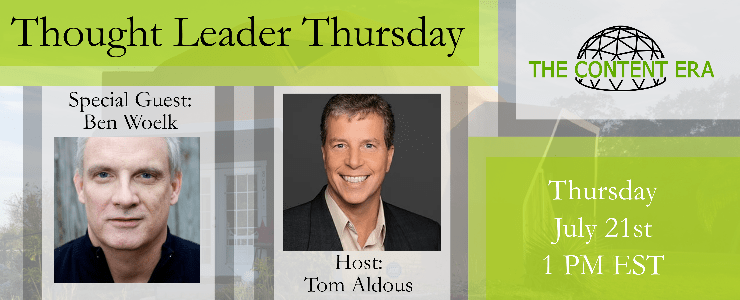
What Value Does STC Provide to Its Communities?
Category:Infosec Communicator,Leadchange,Leadership,STC,STC Rochester,techcommThis post is a continuation of the ongoing discussion about the Society for Technical Communication to which I’ve been contributing on Larry Kunz’s excellent Leading Technical Communication blog (https://larrykunz.wordpress.com). Larry recently posted An Agile STC? Much of the discussion has been around what value STC provides to its communities. As I took part in the conversation, I’ve realized that this is a subject I should be writing about as well. Here’s more of the discussion. (Note that I’m actively involved in STC and a former Director.)
I don’t have up-to-date numbers, but roughly 50% of STC members are currently in geographic communities/chapters. The other 50% are not involved locally. That means there are two different membership experiences. When I stepped into the presidency of STC Rochester in 2010, we were very insular and had no information about what was happening at the society level. One of my goals was to reestablish that connection. I blogged extensively about determining our local value proposition at that time (benwoelk.com), primarily about the local level, and we’ve worked hard (and successfully) to provide value to the community. I also wrote about the value of volunteering. (https://benwoelk.com/why-i-value-stc-rochester/). However, I didn’t gain a full picture of what STC itself provides until I had the opportunity to serve at the Society level.
In terms of tangible benefits, STC provides a value calculator (https://www.stc.org/membership/join-or-renew-now/1408-value-calculator).
The tangible benefits are measurable. For me, the primary value is in the intangibles–the things not displayed by the calculator. I’ve always argued that what you gain from an organization can often be directly correlated with what you put into it. I have had so many leadership growth opportunities because I chose to be involved and step forward (and even create new initiatives such as the CAC Outreach Team to directly support community leaders) that the value to me personally has been enormous. Coupled with the professional network and friendships I’ve established, the cost to me has been minimal compared to what I’ve gained.
My experience, both at the local level and the international level, has absolutely transformed me professionally, in skill sets and in developing leadership skills. I attribute much of my growth in leadership skills to “iron sharpening iron”–working with other leaders towards shared goals, mentoring new and emerging leaders, developing a peer network of very smart practitioners who I can go to when I have questions or whom I can assist with answers from time to time.
My question has often been, what do people who are not actively involved as volunteers, at the local or international level, get from their membership?
Some may just want to support a professional organization that represents their profession.
Don’t forget that the STC works at the national and international levels to better the perception and value of techcomm. It was through efforts by STC that the Bureau of Labor Statistics now lists Technical Writer separately from other writers. At face value, that may not appear to have a direct impact on an individual member, but when HR departments benchmark salaries, that new category of Technical Writer makes a difference. STC has also supported Plain Language initiatives. (A good way to get a look at Society-level initiatives is by reviewing https://www.stc.org/images/stories/pdf/stc2015yearinreview3.pdf)
Others may value the access to continuing education opportunities.
When I was on the Board, we revised the strategy and mission of STC (https://www.stc.org/about-stc/the-society/mission-vision). We refocused on proving economic value (BLS info above, for example), but also on providing continuing education opportunities that equip our members to be successful in many fields. A techcomm mindset and the skills we develop around audience analysis and contextualization, much less actual technical skills, serves us well in multiple job roles.
- Here are a few of the things STC offers to support its communities:
1. Through the Community Affairs Committee, direct support to chapters, including mentoring of chapter leaders,
2. Specific webinars that are free to chapter/SIG members.
3. Umbrella liability insurance for chapter events when a certificate of insurance is needed.
4. Access to other community leaders.
5. A number of webinars, both live and recorded, that address leadership-related subjects.
6. A shared hosting platform that saves chapters the cost of having their own hosting.
For those of you who find value in STC, what have I missed? For those who don’t find value, what else would you like to see STC offer?















